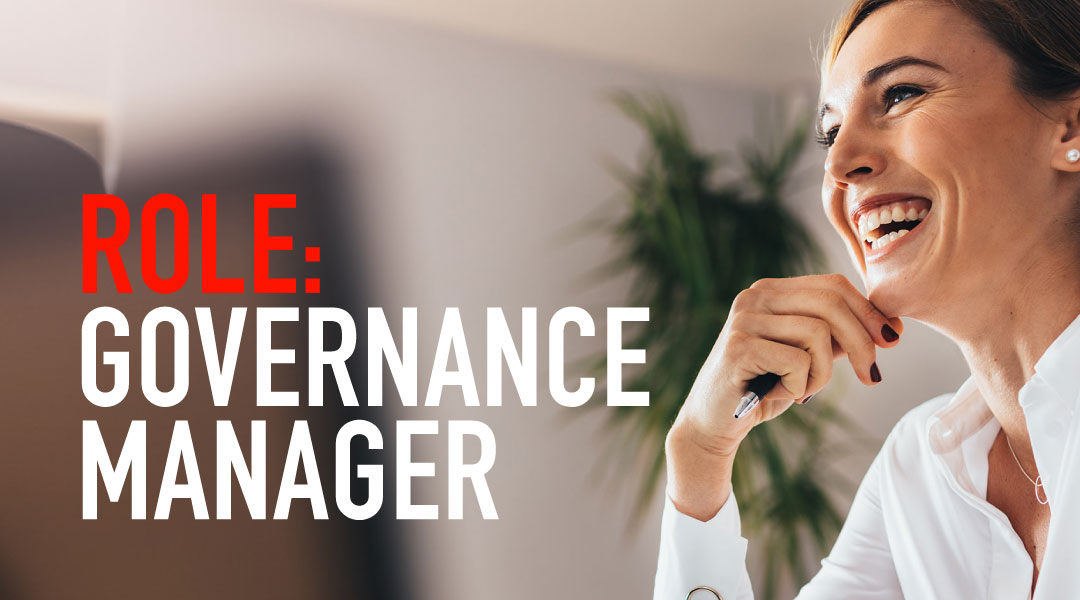For many companies, a Governance Manager is a useful role when it comes to maintaining compliance. Although it is not essential, the responsibilities of the Governance Manager must be fulfilled by someone in the organisation.
So what does the Governance Manager do and how does this differ from other leadership positions?
In short, the Governance Manager is in charge of ensuring good governance across the organisation. This involves several different responsibilities, but includes maintaining fair conduct, efficiency and transparency.
What Are The Responsibilities Of A Governance Manager?
The main responsibility of the Governance Manager is providing administrative support which allows an organisation to maintain compliance. This may include offering advice and guidance on best practice or it may include adapting institutional policy.
The Governance Manager should oversee the internal processes of the company to check they meet the required standards. They need to ensure an efficient flow of information across the organisation. This can include working with different committees to make sure these standards are met.
A Governance Manager will play a crucial role before, during and after any meeting takes place. They are involved in establishing the rules of the Boardroom, ensuring legislative compliance, and working with the meeting minutes.
This is a common role in public sector bodies which require a higher standard of data protection. It often involves working to ensure the principles of the GDPR are met.
What Are The Qualities of a Good Governance Manager?
First and foremost, a good Governance Manager is an expert in governance as it relates to their organisation. They should have an effective working knowledge of regional and international laws that impact any decisions.
It is also important for them to be aware of general best practice when it comes to administration. Part of their role is providing support, and so they should be able to offer advice on a range of issues.
As most of the role involves providing administrative support, a good Governance Manager should have excellent organisational skills. They should already have experience in project management and be able to apply it to the company.
These administrative skills include many different aspects. They should have a good attention to detail that allows them to spot errors and make adjustments to company policy. As their role involves working with technical documents, they should be able to synthesise large amounts of information.
A Governance Manager is often the person responsible for pointing out issues with company policy. They should feel confident overseeing high-level decision-making and even challenging the results. If the Board is not fulfilling their fiduciary duty, it is the Governance Manager who needs to step in.
Their work during the meeting process means they will have to work with software to perform their role. This doesn’t necessarily mean being an expert in IT but it does mean they should pay particular attention to any solutions that make their work easier.
How Can Convene Support Good Governance?
Whether or not you choose to have a Governance Manager, you need to maintain standards within your organisation. Governance is one of the most important aspects of business and should be given due diligence.
A Board Portal like Convene can improve collaboration within your company. Whatever industry you work in, our all-in-one meeting management software is designed to help maintain standards. Promoting good governance is a serious long-term commitment that requires efficient communication.
From creating an agenda to establishing a strong admin trail, every step of the process should be as smooth as possible. With the right software, the complex task of governance can become much easier!
If you want to learn more about Convene’s proven track record, read our customer success stories or book a free demo today.

